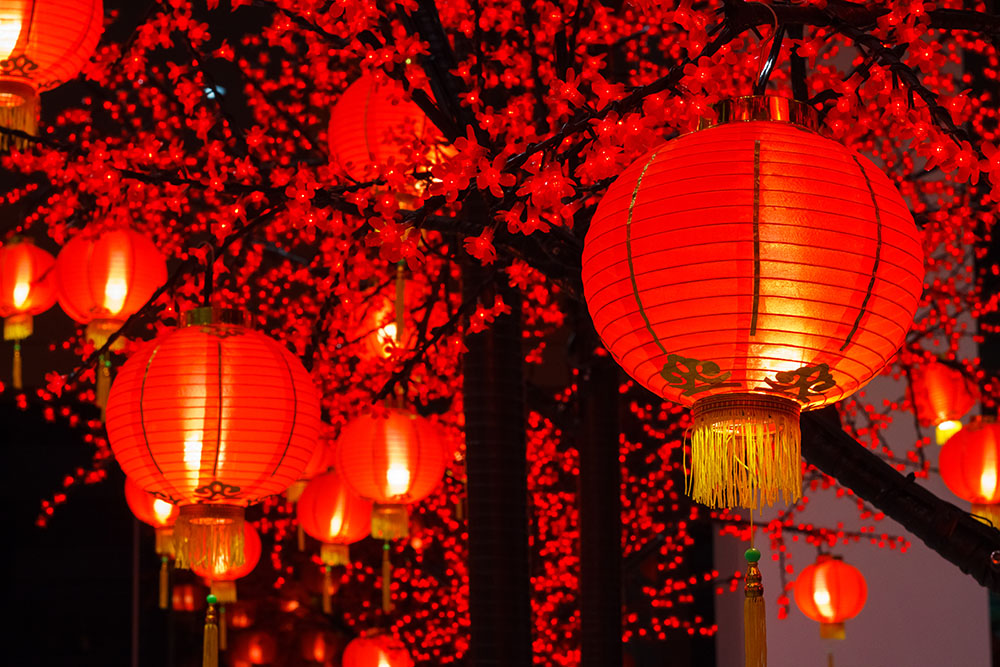Lunar New Year

Lunar New Year celebrates the beginning of the year, most commonly based on the lunisolar (Chinese) calendar. Some cultures celebrate Lunar New Year based on the lunar calendar and the date can vary by culture.
Lunar New Year: Lunar Calendar
The Lunar calendar only follows the moon which shifts the dates each year. This is commonly celebrated in India and the Middle East.
Lunar New Year: Lunisolar (Chinese Calendar)
The Lunisolar calendar keeps the date and time based on the solar year while celebrating the lunar phase. Some cultures celebrate Lunar New Year on the first new moon, while most, such as China, celebrate on the second new moon after the winter solstice. Other countries celebrate based on the Buddhist Calendar which puts the celebration around mid-April or other calendars where the date varies.
Lunar New Year has been celebrated for 1000s of years and marks the first sign of spring. It is a glorious time to bid farewell to the past year and start fresh in the new year when springtime brings in freshness to the world.
It is traditionally an event celebrated by billions of people today, that honors the people in your family as well as deities and ancestors from your family tree. Most people in the U.S. think of it as Chinese New Year, however, it is celebrated by many more countries and cultures worldwide.
Lunar New Year is based on a lunisolar calendar and marks the first sign of spring. Lunar New Year generally it falls between the end of January and the middle of February on the common Gregorian calendar. The lunisolar calendar is based on complete cycles of phases of the moon and has 353–355 days. A thirteenth "leap" month occurs approximately every three years which consists of 383–385 days.
Lunar New Year is primarily celebrated in East and South East Asian countries. Lunar New Year and Chinese New Year are often used interchangeably as it is the biggest celebration in the Chinese zodiac calendar. Most Americans also refer to the day as Chinese New Year in association with the China celebrations. However, not all countries endorse the Chinese culture elements and have their own unique festivities that represent their own culture.



